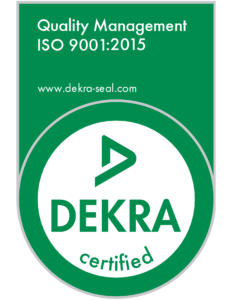Ultrasonic welding is a commonly used method for assembling filters due to its ability to provide strong, precise, and consistent welds. Here are a few reasons why ultrasonic welding is a preferred method for assembling filters:
- Consistent Weld Quality: Ultrasonic welding is a highly controlled process that can consistently produce strong and uniform welds. This is because the ultrasonic vibrations produce a localized heating and melting effect at the joint, which allows for precise control over the amount of heat and pressure applied during the welding process. This results in a strong and uniform weld every time.
- Reduced Contamination: In filter assembly, it is important to minimize the risk of contamination. Ultrasonic welding is a clean and efficient process that does not require any additional materials or adhesives. This eliminates the need for solvents or other chemicals that could contaminate the filter media, resulting in a cleaner and more reliable filter.
- Cost-Effective: Ultrasonic welding is a relatively low-cost method of assembling filters compared to other methods such as solvent bonding, which requires additional chemicals and materials. Additionally, ultrasonic welding has a high production rate and can be easily automated, further reducing the cost of production.
- Versatility: Ultrasonic welding is a versatile process that can be used to join a wide range of materials, including different types of plastics and metals. This allows for greater flexibility in filter design and construction.
Overall, ultrasonic welding is an effective and efficient method for assembling filters due to its ability to produce consistent and strong welds, reduce contamination, lower production costs, and its versatility in material joining.

